The content of the article
Often people treat constipation as a minor symptom. However, constipation may indicate a serious malfunction in the body. Constipation is insufficient, delayed or difficult bowel movement. Normally, defecation in an adult can occur from three times a day to once every three days.
With prolonged constipation, a person feels heaviness and discomfort in the abdomen, the skin may become yellowish due to intoxication of the body with fecal masses. If the stool is very hard, it can damage the intestinal walls, as evidenced by blood in the feces. But why does someone suffer from constipation, while for others the intestines work like a clock?
Causes of constipation
Constipation often occurs from changes in nutrition - with large amounts of baking, sugary foods, as well as in the absence of fiber. A change of the usual way of life also leads to constipation - frequent departures and flights, work at night, and disruption of sleep and rest. If the body is dehydrated, it also suffers from constipation. Constipation in pregnant women is a frequent symptom due to the physiological changes in a woman’s body during gestation. In older people, frequent constipation is associated with a decrease in the activity of perilstatic intestines.
Nutrition - what you can and can not eat with constipation
Diet for constipation is reduced to the use of food with good absorption, as well as products, having in its composition a large amount of coarse fiber.At the same time it is necessary to observe the drinking regime - drink at least two liters per day. So, what should you eat when constipated?
- Fiber and dietary fiber are found in raw vegetables, fruits, herbs, bran. Add to dinner a large bowl of vegetable salad, seasoned with a spoonful of vegetable oil and the fiber contained in vegetables, like a brush to cleanse your intestines.
- Beets, prunes, dried apricots, apples, pumpkin in any form have a pronounced laxative effect. Eat more of these foods to get rid of constipation.
- Flax seeds are very good at constipation. You can add them to salads or eat just like that. Oil from flax seeds is useful to take in the morning on an empty stomach in a tablespoon, in order to adjust the work of the intestines.
- Fermented milk products are essential for constipation. Often, constipation occurs after taking antibiotics, when beneficial intestinal bacteria have died along with harmful bacteria. In this case, you need to drink kefir, ryazhenka and other dairy products, which will quickly establish the work of the intestine. However, you need to note that to cope with constipation can only fresh kefir, which is not more than one and a half days.Kefir, which is more than three days, on the contrary, strengthens.
- If you like bread, you need to give up baked yeast pastry, and prefer flour products from wholemeal flour to it. It is better to eat rye bread, which after baking was aged for at least 10 hours. Fresh bread disrupts the bowels and contributes to constipation.
In addition to eating foods that are correct and healthy for the intestines, it is necessary to exclude from the diet that food that slows down the perilystatic of the intestines. These include:
- Products that contain a lot of starch - potatoes, semolina, rice. We need to limit their amount in the diet as much as possible.
- It is necessary to eat less flour - bread, pasta, etc.
- About rice has already been said, but I would like to note that rice and its decoction are used to secure the chair for diarrhea. Therefore, when constipation from rice (especially white) must be completely abandoned.
- Any jelly is contraindicated in constipation.
- Cocoa, coffee, strong tea (especially black), alcohol - all these products contribute to the reduction of intestinal perilstatic.
- Salty, spicy, smoked foods can also contribute to constipation.
- Boiled milk in large quantities strengthens.
It is interesting! One well-known pediatrician, who was asked to talk about how to combat constipation in children, noted an interesting feature. He said that in happy families, where the child is surrounded by love and care, babies suffer from constipation much more often. He explains this by saying that mums often peel fruits and vegetables from excessive care, depriving the kid of coarse fibers. And in large families and problem families, when not much time is given to the child, the baby eats everything with the skin, thus ensuring the normal functioning of the intestine.
Medications to restore bowel function
To restore a healthy intestinal microflora, it is necessary to drink a course of medications that will help colonize the intestines with healthy and necessary bacteria. Also on hand should always be first aid supplies necessary for emptying the intestines.
- Preparations with live bacteria - Linex, Bifidumbakterin Forte, Primadofilus, Lactobacterin, Enterol, etc. All these drugs are different in their composition, they act with long-term use. They must be stored in the refrigerator.
- Stimulant laxatives. This is the most common group of laxatives that acts on perilstatics of the intestines. After taking the drug after a few hours, the intestine begins to work hard, which contributes to the removal of feces outside. But the action of the drug may be accompanied by spasms in the intestine and, accordingly, pain. Among the drugs in this group are diphenylmethane, bisacodil, gutalax, sodium picosulfate.
- Phytopreparations. This is a variety of herbal medicines. The most famous laxative plant is senna. Such preparations are prepared from it as Senade, Tisasen, Regulax, Fitolax.
- Lactulose. Drugs with lactulose increase the volume of feces, resulting in emptying is much easier and faster. Such drugs should be taken with a large amount of water, otherwise the effect may not be. Among these drugs Normaze, Duphalac, Portalak, Dinolak, etc.
- Enemas. Microlax is a small enema with a special content that helps empty the intestines 10 minutes after using the drug.
Along with these drugs can be used to combat constipation folk recipes and decoctions of herbs.Yarrow, St. John's wort, immortelle, melissa, chicory, senna, eucalyptus, sage, chamomile, green tea - all these plants are able to restore the intestinal function and normalize its health. Herbs can be combined in broths or prepare a useful composition of only one plant.
Constipation and hard stools indicate a failure in the body. It is very important to respond in time to the signal of the body and take timely action. Otherwise, constipation can lead to unpleasant consequences and serious diseases. Watch your body and be healthy!
Video: Improving the bowels through exercise

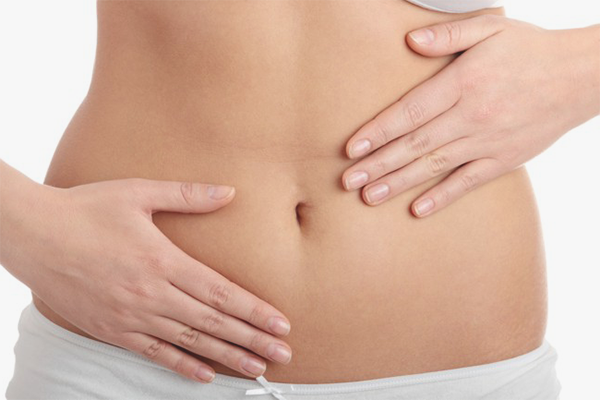
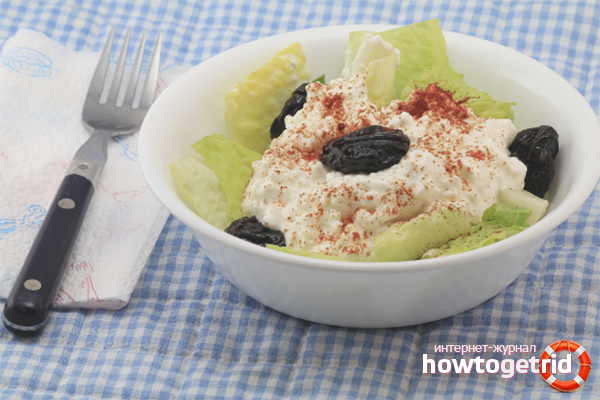
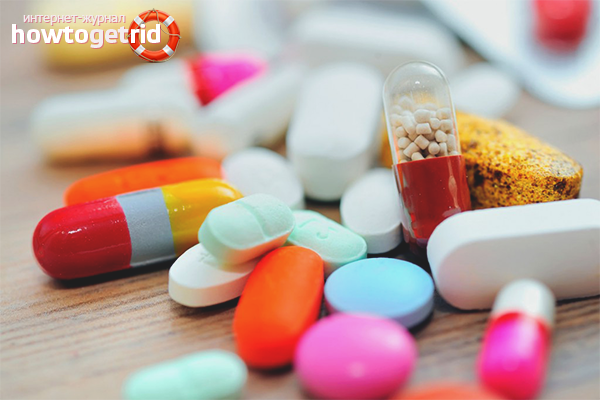
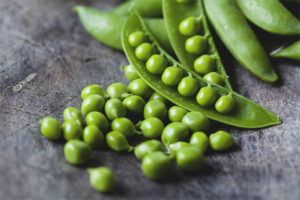
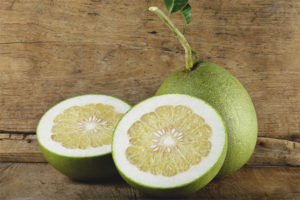
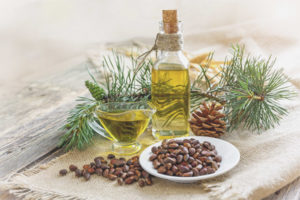
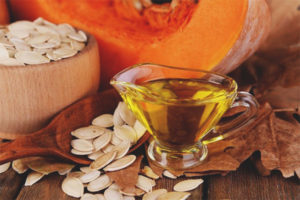
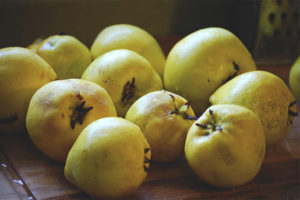
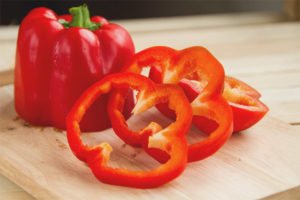
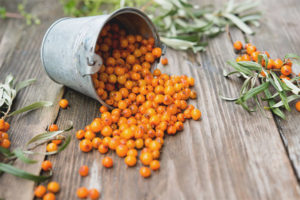
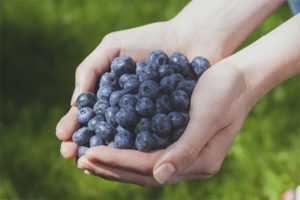
To send